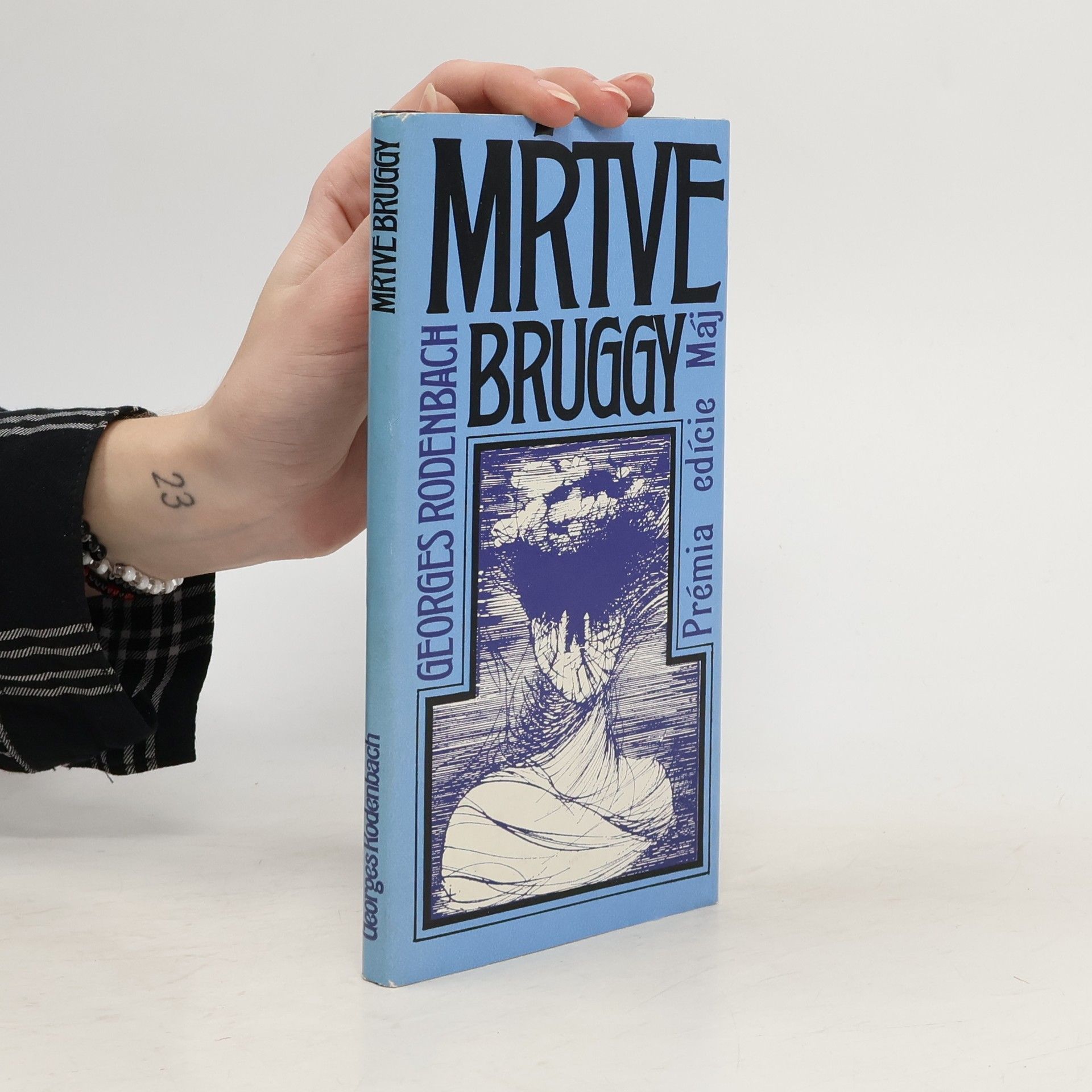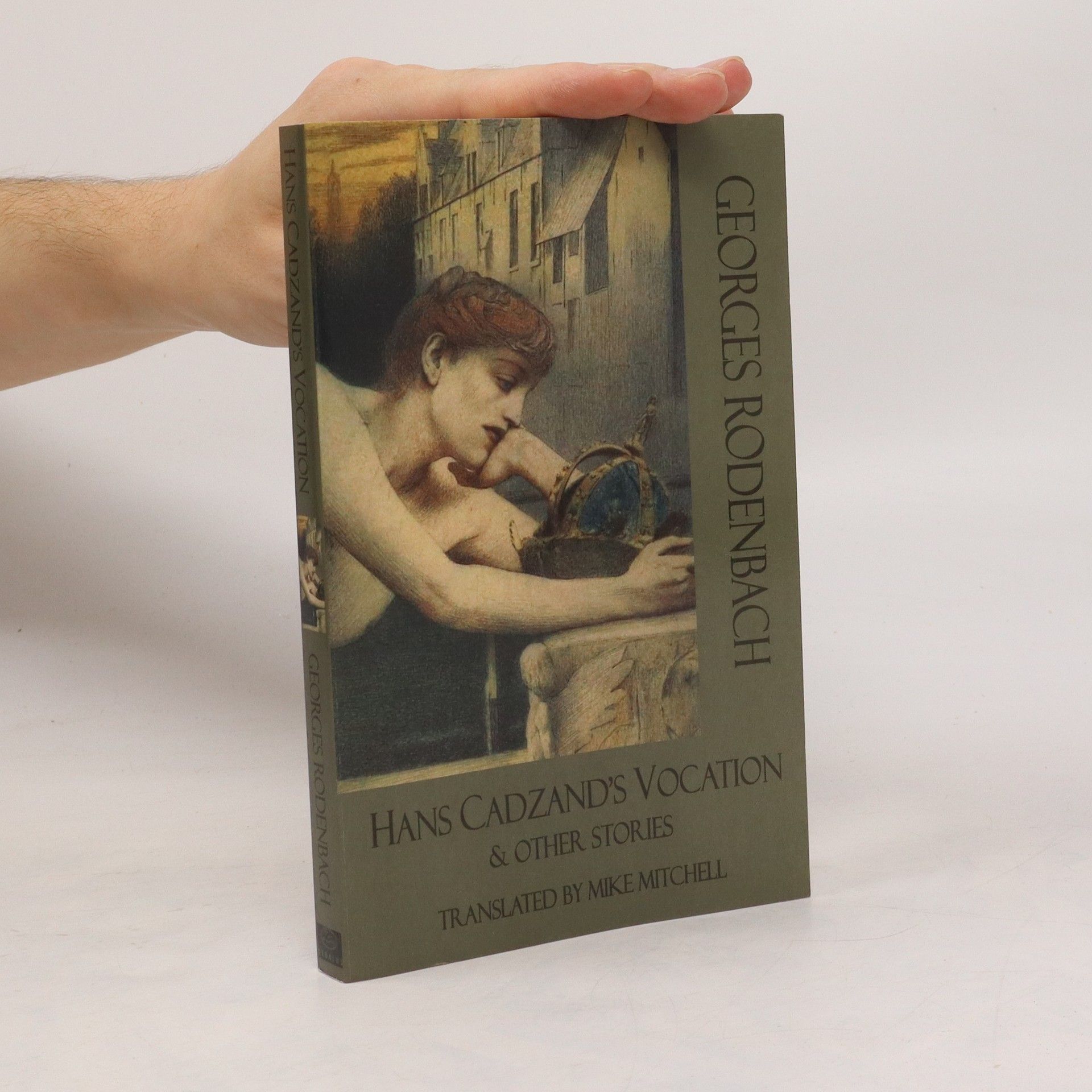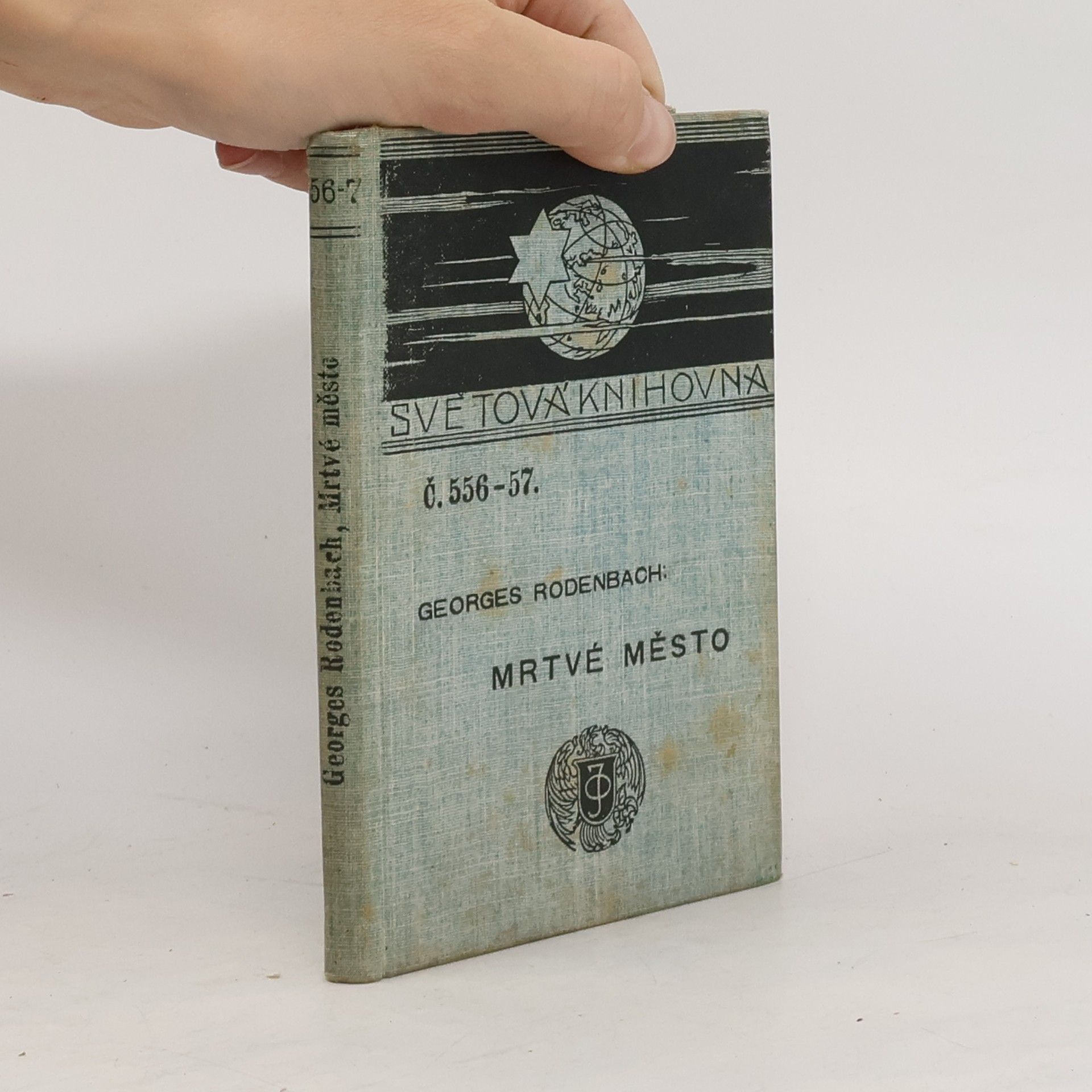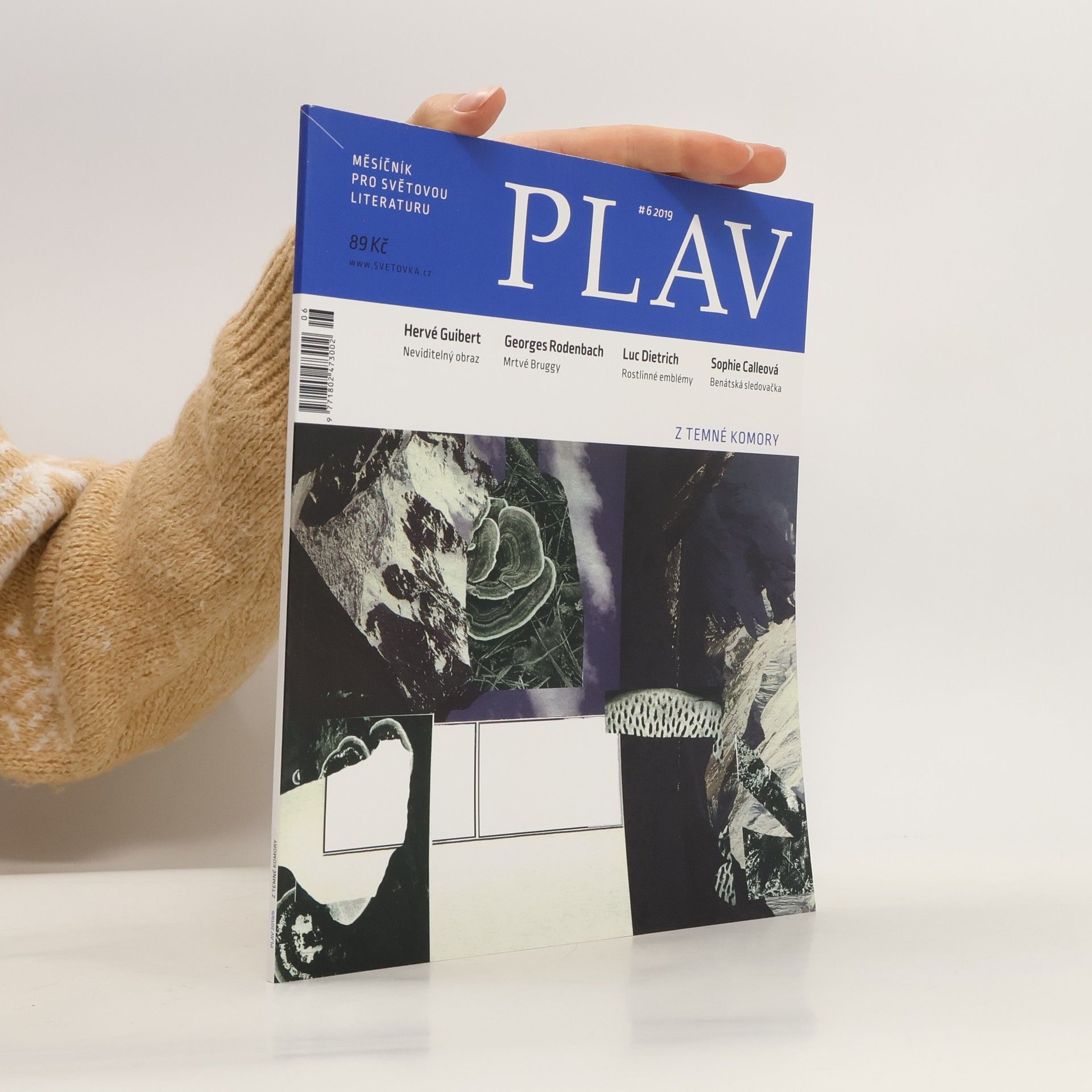Hans Cadzand's Vocation & Other Stories
- 168 páginas
- 6 horas de lectura
Hans Cadzand's father dies when he is an infant and he becomes the centre of his mother's life. As he grows up from a pretty child to a serious young man with deep religious convictions, she hopes she will remain the centre of his life. This long novella is supplemented by shorter pieces from the collection 'Le Rouet des Brumes'.








